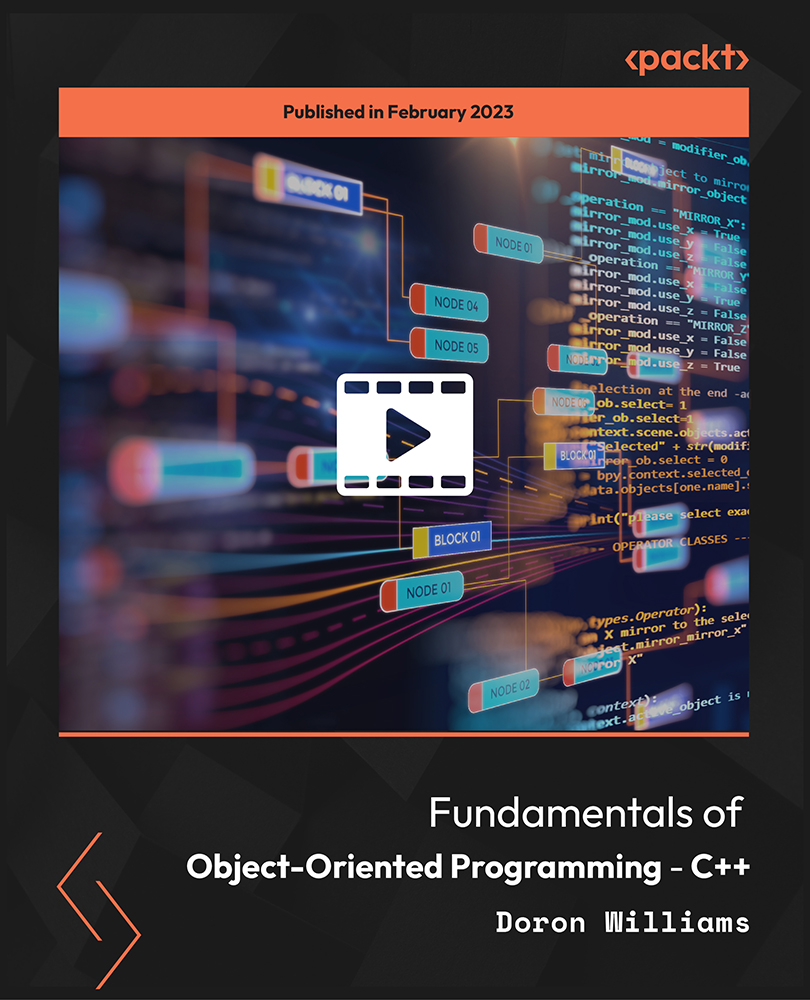Last Friday (7th September, 2018), DARPA announced a multi-year investment of more than $2 billion in a new program called the ‘AI Next’ campaign. DARPA’s Agency director, Dr. Steven Walker, officially unveiled the large-scale effort during D60, DARPA’s 60th Anniversary Symposium held in Maryland.
This campaign seeks contextual reasoning in AI systems in order to create deeper trust and collaborative partnerships between humans and machines.
The key areas the AI Next Campaign may include are:
- Automating critical DoD (Department of Defense) business processes, such as security clearance vetting in a week or accrediting software systems in one day for operational deployment.
- Improving the robustness and reliability of AI systems; enhancing the security and resiliency of machine learning and AI technologies.
- Reducing power, data, and performance inefficiencies.
- Pioneering the next generation of AI algorithms and applications, such as ‘explainability’ and commonsense reasoning.
Unlock access to the largest independent learning library in Tech for FREE!
Get unlimited access to 7500+ expert-authored eBooks and video courses covering every tech area you can think of.
Renews at $19.99/month. Cancel anytime
The Next-Generation Nonsurgical Neurotechnology (N3) program
In the conference, DARPA officials also described the next frontier of neuroscience research: technologies for able-bodied soldiers that give them super abilities. Following this, they introduced the Next-Generation Nonsurgical Neurotechnology (N3) program, which was announced in March. This program aims at funding research on tech that can transmit high-fidelity signals between the brain and some external machine without requiring that the user is cut open for rewiring or implantation.
Al Emondi, manager of N3, said to IEEE Spectrum that he is currently picking researchers who will be funded under the program and can expect an announcement in early 2019.
The program has two tracks:
- Completely non-invasive: The N3 program aims for new non-invasive tech that can match the high performance currently achieved only with implanted electrodes that are nestled in the brain tissue and therefore have a direct interface with neurons—either recording the electrical signals when the neurons “fire” into action or stimulating them to cause that firing.
- Minutely invasive: DARPA says it doesn’t want its new brain tech to require even a tiny incision. Instead, minutely invasive tech might come into the body in the form of an injection, a pill, or even a nasal spray. Emondi imagines “nanotransducers” that can sit inside neurons, converting the electrical signal when it fires into some other type of signal that can be picked up through the skull.
Justin Sanchez, director of DARPA’s Biological Technologies Office, said that making brain tech easy to use will open the floodgates. He added, “We can imagine a future of how this tech will be used. But this will let millions of people imagine their own futures”.
To know more about the AI Next Campaign and the N3 program in detail, visit DARPA blog.
Skepticism welcomes Germany’s DARPA-like cybersecurity agency – The federal agency tasked with creating cutting-edge defense technology
DARPA on the hunt to catch deepfakes with its AI forensic tools underway
 United States
United States
 Great Britain
Great Britain
 India
India
 Germany
Germany
 France
France
 Canada
Canada
 Russia
Russia
 Spain
Spain
 Brazil
Brazil
 Australia
Australia
 Singapore
Singapore
 Canary Islands
Canary Islands
 Hungary
Hungary
 Ukraine
Ukraine
 Luxembourg
Luxembourg
 Estonia
Estonia
 Lithuania
Lithuania
 South Korea
South Korea
 Turkey
Turkey
 Switzerland
Switzerland
 Colombia
Colombia
 Taiwan
Taiwan
 Chile
Chile
 Norway
Norway
 Ecuador
Ecuador
 Indonesia
Indonesia
 New Zealand
New Zealand
 Cyprus
Cyprus
 Denmark
Denmark
 Finland
Finland
 Poland
Poland
 Malta
Malta
 Czechia
Czechia
 Austria
Austria
 Sweden
Sweden
 Italy
Italy
 Egypt
Egypt
 Belgium
Belgium
 Portugal
Portugal
 Slovenia
Slovenia
 Ireland
Ireland
 Romania
Romania
 Greece
Greece
 Argentina
Argentina
 Netherlands
Netherlands
 Bulgaria
Bulgaria
 Latvia
Latvia
 South Africa
South Africa
 Malaysia
Malaysia
 Japan
Japan
 Slovakia
Slovakia
 Philippines
Philippines
 Mexico
Mexico
 Thailand
Thailand














